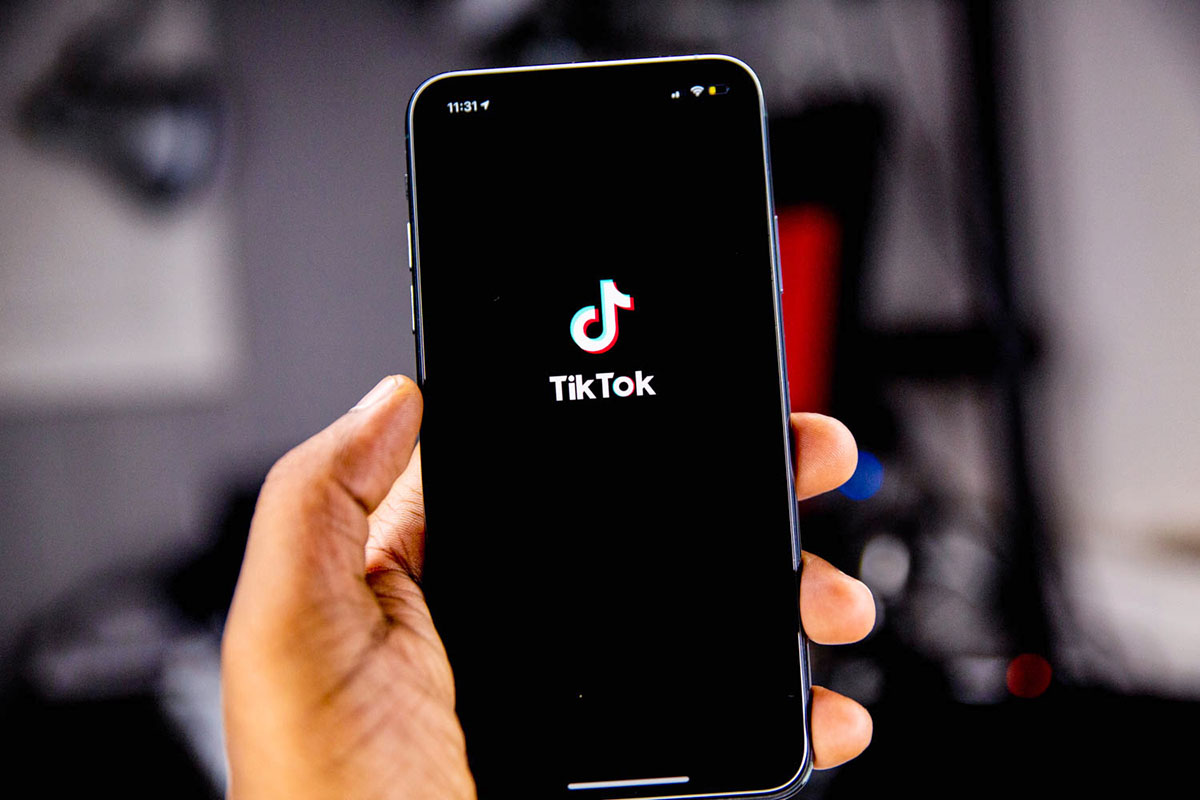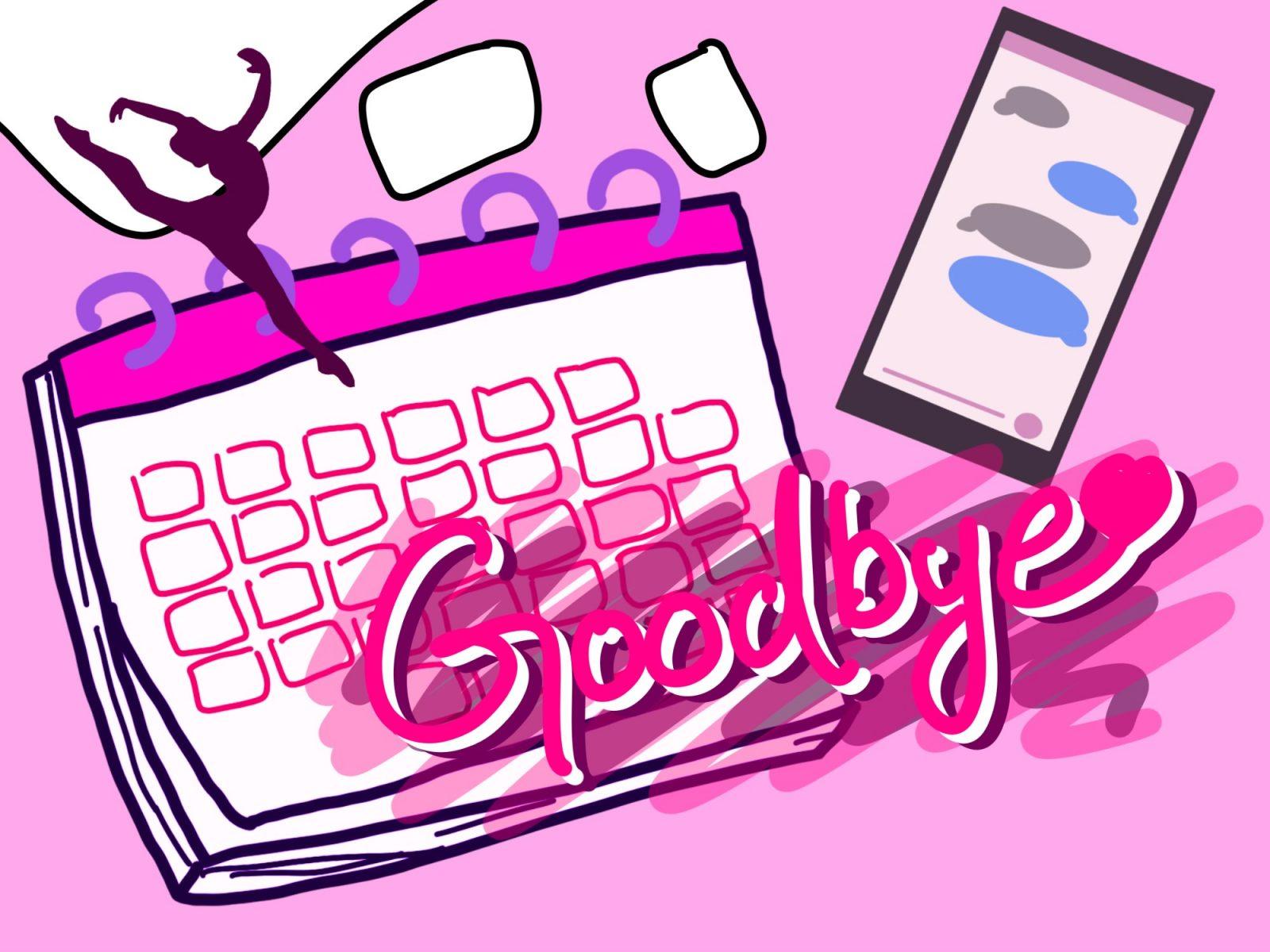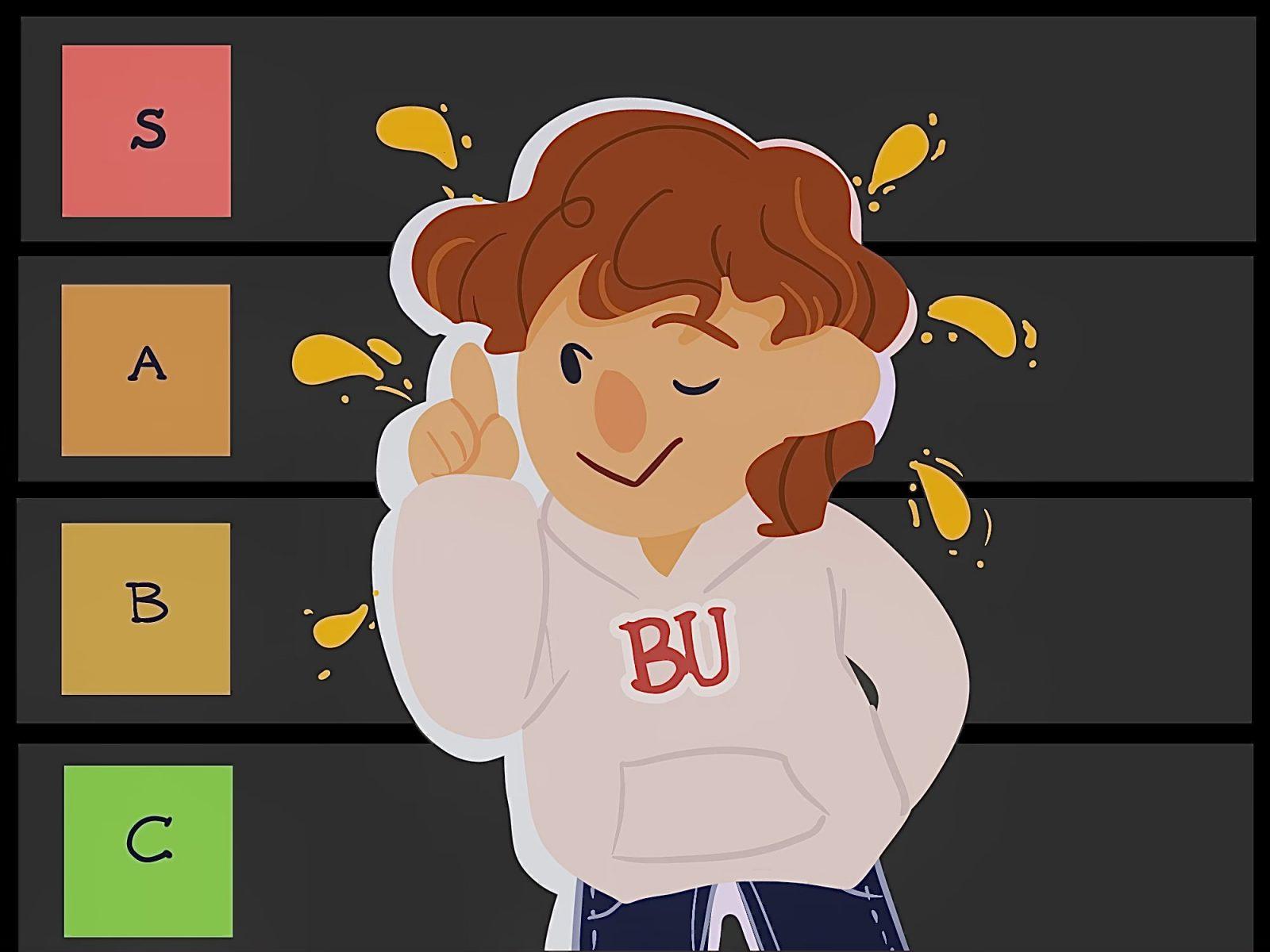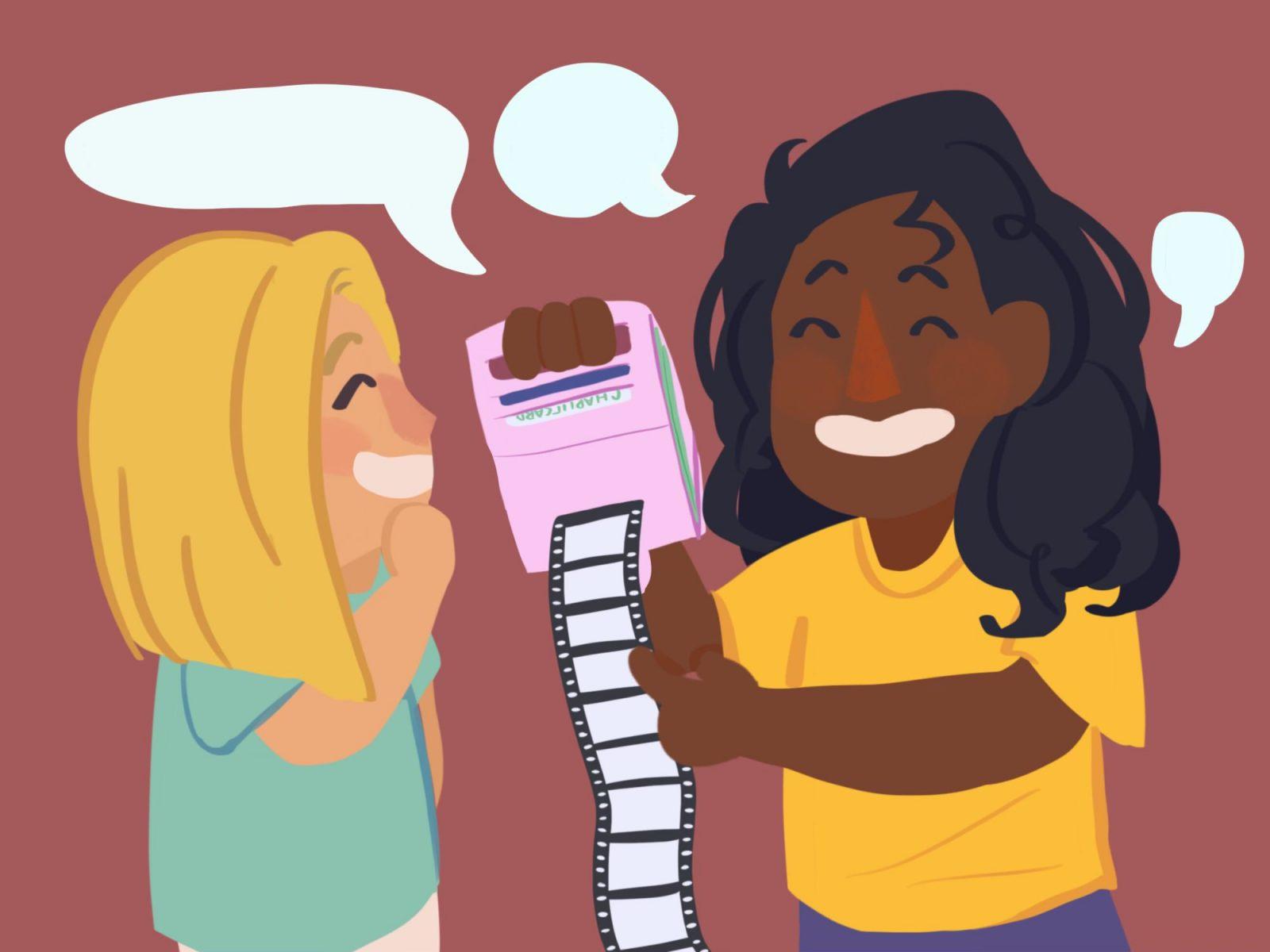Over the Thanksgiving holiday, I created a TikTok account. When it comes to cultural trends, I am usually late to the game. I still have not read the Harry Potter series. I have resisted making a TikTok profile for so long mainly because I knew I would succumb to the infinite scrolling of cat videos and dance clips, and that all of a sudden, time would evade me.
But ever since Frances Haugen blew the whistle on Facebook earlier this fall, I keep wondering if TikTok — the social media platform with a mission to “inspire creativity and bring joy” — is going to follow in Facebook’s footsteps of spreading misinformation and hate.
I remain cautiously optimistic, but it seems inevitable. I remember the golden years of pre-2010, where my Facebook feed was solely made up of people I knew and cared about, instead of micro-targeted advertisements and adrenalized political campaigns.
Cambridge Analytica and Facebook’s downstream meaningful social interactions algorithm are partially to blame for the platform’s downfall. Just as history has shown us, when one empire falls, another rises up — so it only makes sense that TikTok would emerge from Facebook’s decline.
With three billion downloads and one billion active users as of 2021, TikTok has, indeed, penetrated the global market. When the app first came out in 2016, teenagers primarily used TikTok to post lip-sync and dance videos. Now, the app has become so much more than that.
Thanks to TikTok, Lil Nas X was able to rise to his well-deserved fame. Also thanks to TikTok, careers have been launched, and social justice campaigns have been spread.

It is hard to not see the parallels between TikTok and early 2000s Facebook. Both platforms promise to be an engine of opportunity and connection. And especially with TikTok, the app is designed to entertain.
When I created my TikTok account, the content was nonsensical but funny. The first video was a montage of teens dousing receipt paper with hand sanitizer. Why? I don’t know. Still, it got my mind off of my everyday worries.
Another clip showed two people — one dressed as the Grinch and the other as Santa Claus — dancing down a sun-soaked street while wearing sombreros. Another one featured a voluptuous turkey twerking. And the list goes on and on.
After watching 30 minutes of goofy videos, I felt strangely at peace. I had always heard that TikTok’s “For You” algorithm is its secret sauce. Unlike Facebook’s algorithm that serves up doom and gloom, I am glad that TikTok’s “For You” compiles content to uplift users — even if most videos are mindless and absurd.
But not everyone sees TikTok this way.
Reddit CEO Steve Huffman said at a tech conference last year, “I look at that app as so fundamentally parasitic, that it’s always listening, the fingerprinting technology they use is truly terrifying.” He later added, “Don’t install that spyware on your phone.”
Huffman’s words may seem harsh, but he is not the only person with concerns about TikTok’s security. Last January, former President Donald Trump tried to enact a ban on TikTok, claiming that the Chinese government could harvest private data of Americans through the app.
Even though TikTok was created by a Chinese entrepreneur Zhang Yiming, it is a privately owned company that has no connections to the Chinese government. Regardless, Trump wanted an American tech company, like Microsoft, to buy out TikTok to mitigate security fears.
This caused a frenzy. Many fans questioned whether the TikTok user experience would change with an American company at the reins, and if the “For You” algorithm would be dismantled and altered into something unrecognizable.
Although Trump’s TikTok embargo was ultimately not enacted, Congress did vote to have the app banned on government devices as part of a defense policy bill, according to a Politico report.
For me, this decision raises questions as to whether officials are doing this out of an abundance of caution, or if there is something to be said about the app’s vulnerability to data breaches.
Seeing how a large number of TikTok users are under the age of 14, security precautions should not be taken lightly. TikTok put out a statement last summer assuring that they have hired hundreds of engineers to address potential risks. They also have a “transparency” section on their website to have an open dialogue about privacy and safety measures.
It is hard to say how TikTok will evolve in the next five to 10 years, but company executives must ask themselves — how can we make TikTok safer? How can we ensure it does not turn into Facebook? How can we stay true to our mission of spreading joy and creativity?


























































































































